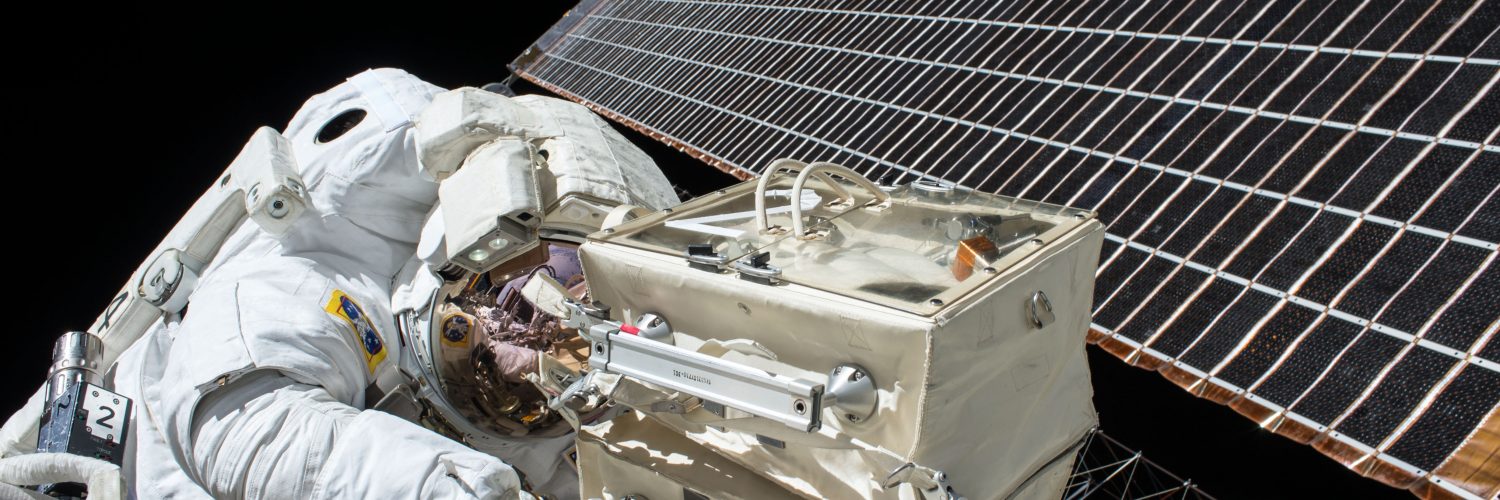Each year NASA awards special funding to a select crop of small businesses to further develop their respective technologies. Part of the Small Business Innovation Research (SBIR) and Small Business Technology Transfer (STTR) programs, the initiatives acknowledge the efforts of smaller, startup-inspired companies around the country with strengths in everything from semiconductors to batteries to air condensation.
The space agency recently announced this year’s funding winners, and six of those small tech companies are based right here in Arizona. The SBIR and STTR contracts, which total $43.5 million spread out among 348 awardees, support projects with potential to benefit NASA’s missions and the United States economy.
This move shines a light on Arizona’s breadth as a breeding ground for space innovation, harkening back to previous space-related projects seen in Phoenix and Tucson. Two NASA contracts went to Paragon Space Development Corp., a Tucson-based company that develops innovative solutions to “thermal control technology gaps in the ever evolving space, defense, and commercial marketplaces.” One contract will help fund the production of a flexible radiator to cool inflatable habitats and the other will fund technology for separating condensates from air.
Another Tucson-based company got a nod from NASA to develop a pulsed ultraviolet laser. The company, AdValue Photonics Inc., uses advanced laser glasses and fibers to enhance the performance of its laser products, but not just for space technology. It delves into products for the medical community as well as materials processing.
“We are very pleased to be selected to develop a new laser source, which is needed for NASA’s mission. Such an UV laser can be used for commercial applications that can help us to grow the company,” said Dr. Shibin Jiang, president and CEO of AdValue Photonics Inc.
In the Greater Phoenix area, Chandler’s Cactus Materials and Scottsdale’s ZONA Technology Inc. received funding, the former developing a compact semiconductor that improves high-resolution spectomerty and the latter building an improved computer model for flight dynamics.
Tempe’s Alphacore Inc. received a STTR grant with a contract that will last about 13 months. In partnership with Arizona State University, Alphacore will develop a built-in self-test for battery systems, which in turn test for cell chemistry evaluation, charge and discharge performance, and failure analysis on space shuttles.
Phoenix Analysis and Design Technologies also received a grant and will study high-performance materials that mimic biological structures, painting a picture of the wide range of projects and development that will receive NASA support. The company mostly focuses on 3-D printing, so this could speak to NASA’s new angle in product development.
SBIR Phase I contracts last six months compared to STTR Phase I contracts at 13 months. Combined they offer maximum funding of $125,000, which can go a long way with startup tech companies in Arizona.
According to NASA, there are three phases to funding with this first phase acting more as a foundation for research and innovation. The second phase provides funding contracts of 24 months and up to $750,000 for those selected in Phase I. Phase II will focus on the development and delivery of the proposed and newly-funded technologies, while Phase III will commercialize these products for use and can be funded by other parties.
















Add comment